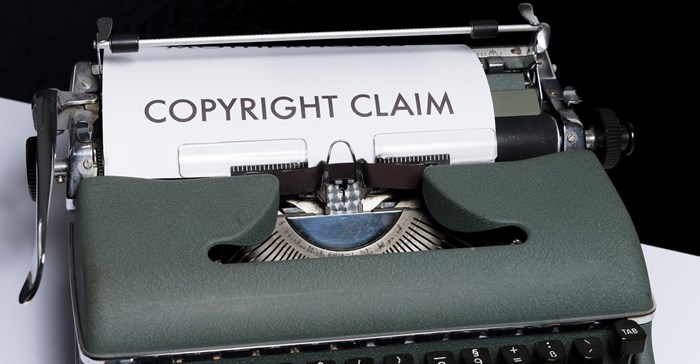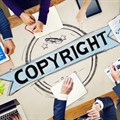In South Africa infringement of copyright is decided on originality and whether something is identifiable rather than "how much" has been copied.
Copyright is not registrable
In most countries, including South Africa, and unlike other forms of IP protection provided for by statute, it is not possible to register copyright (apart from films). Copyright exists automatically when a work is created, provided that the work is original and fits into a category recognised by the Copyright Act no. 98 of 1978 (“the Act”).
These works include:
literary works;
artistic works;
musical works ;
sound recordings;
cinematograph films;
broadcasts;
programme-carrying signals;
published editions; and- computer programs.
Again, the work must be original and not copied from another source. It must also exist in material form; that is, a physical or tangible product must exist. The rights holder must also be a “qualified person” which is defined as either a South African citizen or someone domiciled or resident in South Africa. In the case of a juristic person, a qualified person is one with a registered place of business in South Africa or a country that is a member of the Berne Convention.
Dr Joanne van Harmelen 5 Aug 2022 Rights in a website
Websites contain multiple elements that could be the subject of copyright: the code, the copy, the layout, etc. It is therefore essential to ensure that each original work (outsourced or otherwise) which forms part of the website is either assigned or licensed to the website owner.
The copyright owner enjoys two types of protection: protection of their economic rights, which allows them to derive financial reward from the use of their works by others; and protection of their moral rights, which protects non-economic interests.
Copyright grants the owner the exclusive right to do or to authorise others, by way of license or consent, to do certain acts in relation to that work for personal gain or profit
Who owns what?
What if a developer worked on the code, a writer worked on the copy, and a designer worked on the layout? Who owns the copyright? It’s either the person who makes or creates the work, the employer, the commissioner, or the person who exercises control over the making of the work, depending on the type of work and the circumstances under which the work was created.
If, for example, an agency employee creates the work within the course and scope of his employment, the agency will be the owner of the copyright in that work.
As a result, copyright law serves to protect the owner’s interests and to define and regulate the scope and operation of their monopoly in relation to their work. According to this definition, the author of a work is the person responsible for the creation of its material embodiment – not the person who conceived the idea.
Ownership of copyright does not automatically “follow the money”. You own what you create unless transferred in writing or by way of one of the few specific exceptions provided for in the Act. Even the copyright in a logo, which qualifies as an artistic work, belongs to the creator, which is usually the advertising agency, and not the client.
This is so, even if the agency has been paid for the work. In cases where the client specifically wants to own the copyright, which is necessary for them to be able to enforce it, this transfer of ownership should be provided for in the design agreement or confirmed later by way of an assignment agreement, which agreement must be in writing and signed by the assignor.
Dina Biagio and Jan-Gerhard Oosthuysen 22 Jun 2022 Third-party content
In addition to creating original content, incorporating third-party materials into advertising is also common amongst advertisers.
It is therefore critical to “clear” pre-existing third-party material – music, images or personalities – that you intend to use for advertising purposes, and to educate your team members, to make them aware of possible copyright implications.
Handling copyright infringement
What if you believe that your work has been reproduced without your permission?
Firstly, properly documenting your copyright creation to ensure that you can prove ownership is paramount. This would include having correct clauses in your agreements with employees or independent contractors; keeping a record of which employees worked on what projects and created what content; what pre-existing content was considered (i.e. a mood board) before new works were created, etc. Often, proving ownership of copyright is harder than proving the copying.
Thereafter, after having carefully assessed whether or not the reproduction is an infringement of your copyright, try to identify the person responsible.
It is usually possible to bring a claim before a civil court for monetary compensation and also to prevent the continuation or repetition of the infringement. Before taking this step, however, it is advisable to send a formal notification to the alleged infringer, requesting that they stop the infringement and/or pay compensation. It is usually a good idea to appoint experts for professional advice.








































